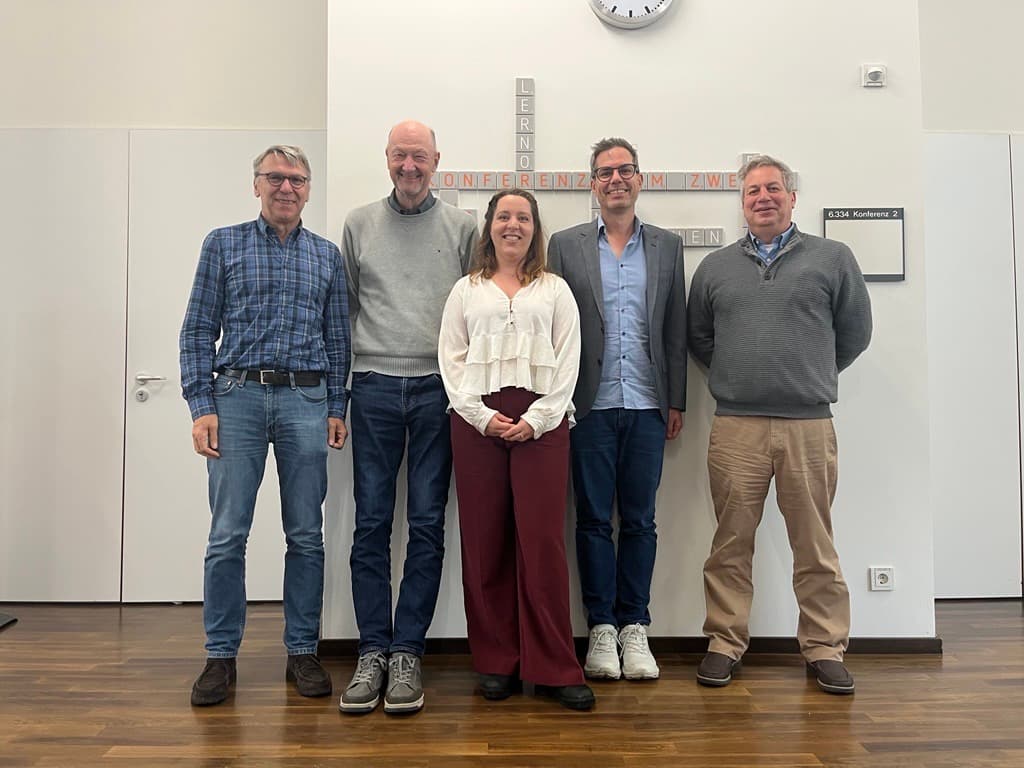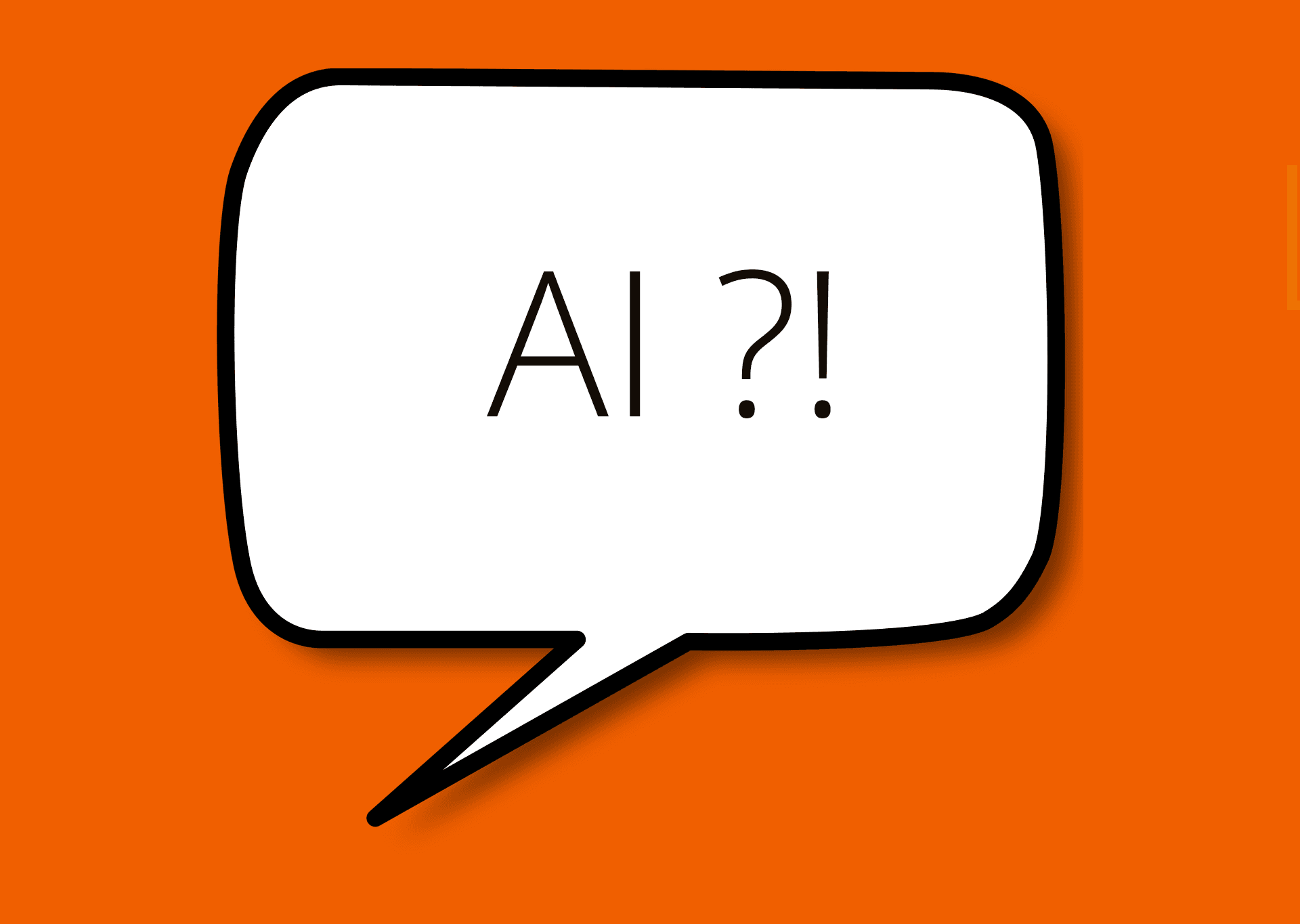News
No Fake News: Nicole Antes Successfully Defends Dissertation on Memory and Misinformation

4 Nov 2025
How warning labels affect memory for misinformation – and why simply flagging false content may not be enough.
Nicole Antes, doctoral researcher at the Leibniz-Institut für Wissensmedien (IWM), has successfully defended her dissertation exploring how people process mixed information – content that presents both true and false details side by side. Her research addresses a highly relevant societal question: How do fact-check labels influence memory in the context of fake news?
Against the backdrop of ongoing public debate, the psychologist examined what happens when false content in digital media is explicitly marked as such. Her findings show that warning labels can help – but they may also lead to a false sense of security, especially when users forget or misremember specific details. Most concerning: False information is sometimes remembered as true, despite being labeled otherwise – often with high confidence.
Nicole Antes conducted her research within the IWM’s Perception and Action and Realistic Depictions labs. Her work offers valuable insights into the cognitive mechanisms behind misinformation and suggests that labels alone are not enough. What’s needed are evidence-based strategies that help calibrate our trust in memory and support the long-term retention of reliable information.


